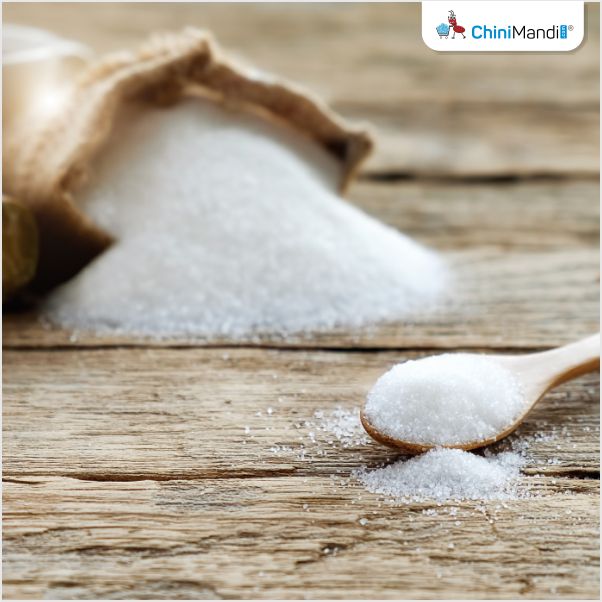A global analysis of dietary habits among children and adolescents across 185 countries has highlighted a notable increase in the consumption of sugar-sweetened beverages.
The study, led by researchers at the Friedman School of Nutrition Science and Policy at Tufts University, found that in 2018, youth consumed nearly 23% more sugary drinks compared to 1990.
Utilizing data from the Global Dietary Database, the study presents the first global estimates and trends on sugar-sweetened beverage intake among young people. The beverages included in the study are sodas, juice drinks, energy drinks, sports drinks, and home-sweetened fruit drinks like aguas frescas with added sugars. The study excluded 100% fruit juices, non-caloric artificially sweetened drinks, and sweetened milks.
The research team analyzed data from over 1,200 surveys conducted between 1990 and 2018, focusing on individuals aged 3 to 19 years. On average, youth consumed 3.6 servings of sugary beverages per week worldwide, with significant regional differences. Consumption varied from 1.3 servings per week in South Asia to 9.1 in Latin America and the Caribbean. In 56 countries, representing 238 million young people or 10% of the global youth population, the average intake was 7 or more servings per week.
Among the world’s most populous countries, those with the highest youth consumption of sugary drinks in 2018 were Mexico (10.1 servings per week), followed by Uganda (6.9), Pakistan (6.4), South Africa (6.2), and the United States (6.2). From 1990 to 2018, Sub-Saharan Africa experienced the most significant increase in consumption, with average weekly servings rising by 106% to 2.17 servings per week. Researchers highlight this trend as one that demands attention.
















